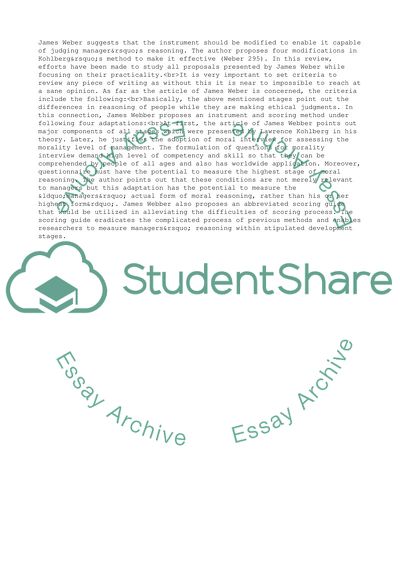Cite this document
(“Enhance the Assessment of Managers Moral Reasoning Book Report/Review”, n.d.)
Enhance the Assessment of Managers Moral Reasoning Book Report/Review. Retrieved from https://studentshare.org/business/1833669-article-review
Enhance the Assessment of Managers Moral Reasoning Book Report/Review. Retrieved from https://studentshare.org/business/1833669-article-review
(Enhance the Assessment of Managers Moral Reasoning Book Report/Review)
Enhance the Assessment of Managers Moral Reasoning Book Report/Review. https://studentshare.org/business/1833669-article-review.
Enhance the Assessment of Managers Moral Reasoning Book Report/Review. https://studentshare.org/business/1833669-article-review.
“Enhance the Assessment of Managers Moral Reasoning Book Report/Review”, n.d. https://studentshare.org/business/1833669-article-review.


